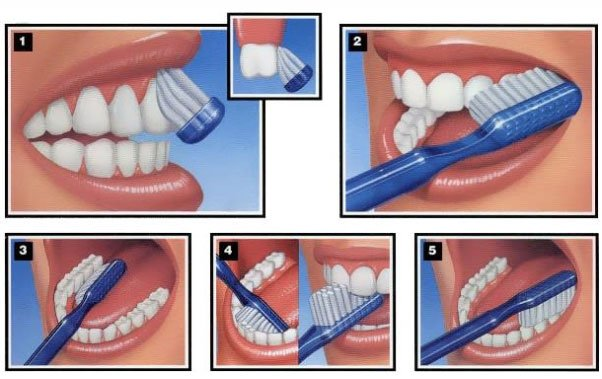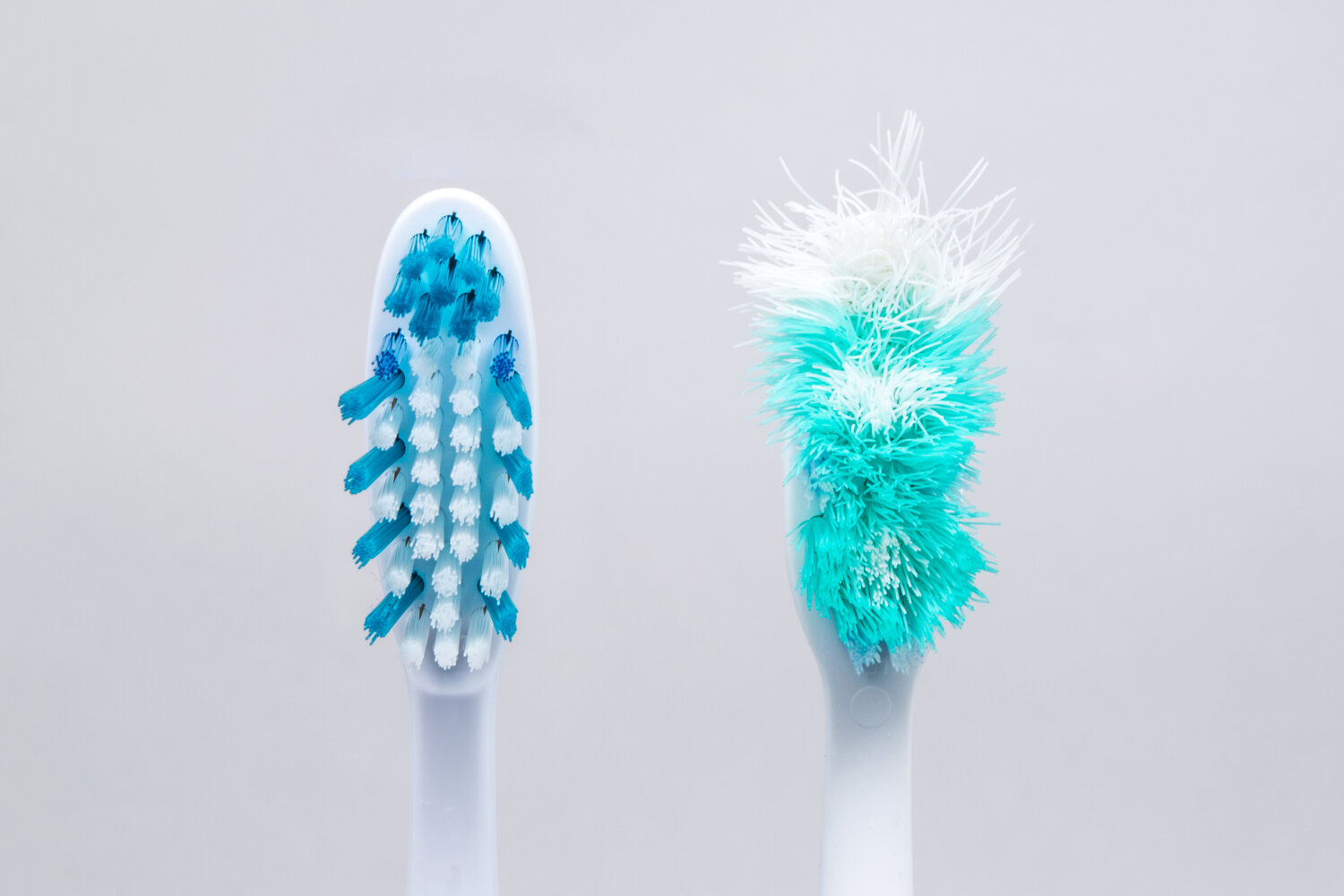Hi I am Dr. Quinn. Founder of Milk Tooth Pediatric Dentistry & Wellness Shoppe. In this article I will go over some of the common questions I receive about electric toothbrushes.
Do you recommend electric toothbrushes to children in your practice?
- Yes, I recommend electric toothbrushes for children. They are a fun and effective way to clean children’s teeth and gums.
What are some benefits of using an electric toothbrush for kids?
- They provide excellent plaque removal to keep teeth and gums healthier. A manual toothbrush averages around 200 strokes per minute, whereas an electric toothbrush will create more than 30,000+ vibrations per minute!
- A powerful recent study that took data from over a decade demonstrated that people who use an electric toothbrush: have less cavities, healthier gums, and keep their teeth longer.
- Manual toothbrushes can lead to both over brushing and under brushing. The built-in timer and pressure sensors found on many electric toothbrushes make sure that you are not brushing too hard and ensure that you brush long enough, but not too long.
- Electric toothbrushes are easier to use. The electric toothbrush is designed to do the brushing for you, thus it just needs to be properly guided through the mouth. They provide a better clean with less technique required. Perfect for young brushers!
- Not only are electric toothbrushes better at cleaning teeth, they are fun! The different types of children’s toothbrushes range from: their favorite color, to TV characters or Disney movie themes, to toothbrushes with lights, sounds and vibrations, or my new favorite, the electric toothbrushes that use an augmented reality app to improve brushing and make it more entertaining.
At what age can a child start to use an electric toothbrush?
- Most children under 3-years-old should have their teeth brushed by an adult with a manual toothbrush. Children can be introduced to an electric toothbrush around 3-years-old. You want to make sure that they can safely hold the brush without putting too much pressure on their teeth or gums.
- Toothbrushing at a young age should always be assisted and supervised by a parent. There is a story that a fellow pediatric dentist tells parents to illustrate the importance of helping your child brush their teeth. He says, “You know how fun it is to wash the car with your kids? They get to use the big brushes with soap and bubbles, they can spray the car with the hose. It’s a blast! However, for all the fun that is being had, if you let your kids wash the car by themselves it’s not going to get that clean. You have to help them. They do not have the dexterity or awareness yet to make that car shine. It’s the same with their teeth.”
- While children may ask, and often demand, to independently brush their teeth, most children are not ready to brush their teeth on their own. Professional resources suggest waiting until your child is at least 7 for them to brush their teeth on their own. Every child is unique, some children may be ready at 7-years-old, however I have observed that the majority of children do not have the ability to effectively clean their teeth until they are much older. Let your dentist guide you on when your child can independently brush their teeth.
What are some features to look for in an electric toothbrush for kids?
- Effectiveness and fun are the two most important features in a child’s toothbrush.
- Effectiveness is important. As a dentist I have the most trust in electric toothbrushes that come from oral health brands with a background of testing and researching their products. Brands such as Oral B, and Sonicare have a solid reputation.
- Fun is where children’s electric toothbrushes really shine! As a parent you can take this as far as you want to go. Picking a toothbrush that is their favorite color or one that lights up will get them really excited to brush. It doesn’t have to end there, today there are many toothbrushes with engaging timers and even games on smart devices that can make toothbrushing something that your child can’t wait to do.
What are some potential risks of using an electric toothbrush in kids to be aware of?
- If a child is started young enough on an electric toothbrush they may not learn the proper technique for brushing with a manual toothbrush and thus may brush incorrectly or too hard when given a manual brush.
- Some children are intimidated by the sounds, vibrations and lights of an electric toothbrush. The last thing you want to do is make toothbrushing scary.
- There are some safety concerns with an electric toothbrush, which is why I always recommend going with a reputable established brand. The FDA has a dental device branch and they regulate toothbrushes so injuries are very rare. Injuries reported include: chipped or broken teeth, cuts to the mouth or gums, swallowing or choking on broken pieces, injuries to eyes and face.
- That being said, modern electric toothbrushes have many safety features, such as pressure sensors that keep children from pushing too hard. These safety features make it so that in some instances electric toothbrushes may be gentler and safer than manual toothbrushes.
- Under adult supervision, an electric toothbrush is just as safe as a manual toothbrush.
Do you have any tips for using an electric toothbrush with kids?
- Be excited about brushing! For children when something is fun then they will be engaged.
- Find a balance of supporting their independence, but making sure their mouth is properly cleaned. I encourage my patients to have mom or dad brush their teeth first and the child brush next. By taking this approach we are ensuring their teeth get properly cleaned, but they still get the independence and experience that comes from doing it themselves.
- Just like manual toothbrushing, I tell parents that there are three sides to every tooth. The cheek side, the tongue side and the chewing side. Make sure to brush all three.
How often should the toothbrush head be replaced?
- The American Academy of Dentistry suggests replacing your toothbrush every 3-4 months.
- The head of an electric toothbrush should be replaced at least every three months, just like a manual toothbrush.
- There are two reasons to replace your toothbrush head.
- Effectiveness: As the bristles wear down they become less effective at cleaning teeth.
- Bacterial growth: Our toothbrush bristles collect bacteria. Studies show that the longer you keep your toothbrush the more bacteria it accumulates.
Do you have any favorite electric toothbrushes to recommend?
- The Oral B Kids Electric Toothbrush. This is a trusted brand that has research on their products. This brush has pressure sensing and a timer. Also, they have partnered with Disney to create a Disney Magic Timer app that makes brushing fun!
- The Sonicare for Kids. Another quality brand with research backed data to support its effectiveness. This brush has bluetooth that connects to an app with animations and a friendly toothbrush coach who encourages them in their brushing.
- Hum Kids toothbrush. This toothbrush is also made by a reputable brand, Colgate. This electric children’s toothbrush takes brushing entertainment and teaching to the next level. The toothbrush is able to sync with an app on your smart device that monitors toothbrush location and brushing in the mouth! This “Augmented Reality” allows your child to play games that track their toothbrush movement, which allows it to teach them better brushing habits and produce a cleaner mouth.
Other fun facts to know!
- It’s important to only use toothbrushes, manual or electric, that are made for children. The toothbrush handle, head and bristles are specifically created for children. Adult toothbrushes should not be used for children.
- I recommend keeping a stock of disposable manual children’s toothbrushes. These can be used for traveling, camping, sleepovers, etc. You don’t want your child’s quality electric toothbrush being damaged, lost or picking up extra bacteria when it leaves on your next adventure. Leave the electric toothbrush parked at home and bring a disposable toothbrush.
- Make sure to purchase an electric toothbrush with a replaceable head. Or make sure it is affordable enough that you don’t mind buying a new one every three months. Like mentioned earlier, toothbrush bristles become worn down and dirty with time and need to be replaced.
- Always remember brushing should be fun! If we want our children to engage we should make it positive.
- Keeping your child’s teeth clean is important to their overall health. Studies show that oral health in childhood is correlated to oral health in adulthood. – https://www.ncbi.nlm.nih.gov/books/NBK385369/ – Oral health is associated with whole body health including gut, brain and heart health to name a few. https://www.mayoclinic.org/healthy-lifestyle/adult-health/in-depth/dental/art-20047475
- Happy brushing!
Dr. Quinn



